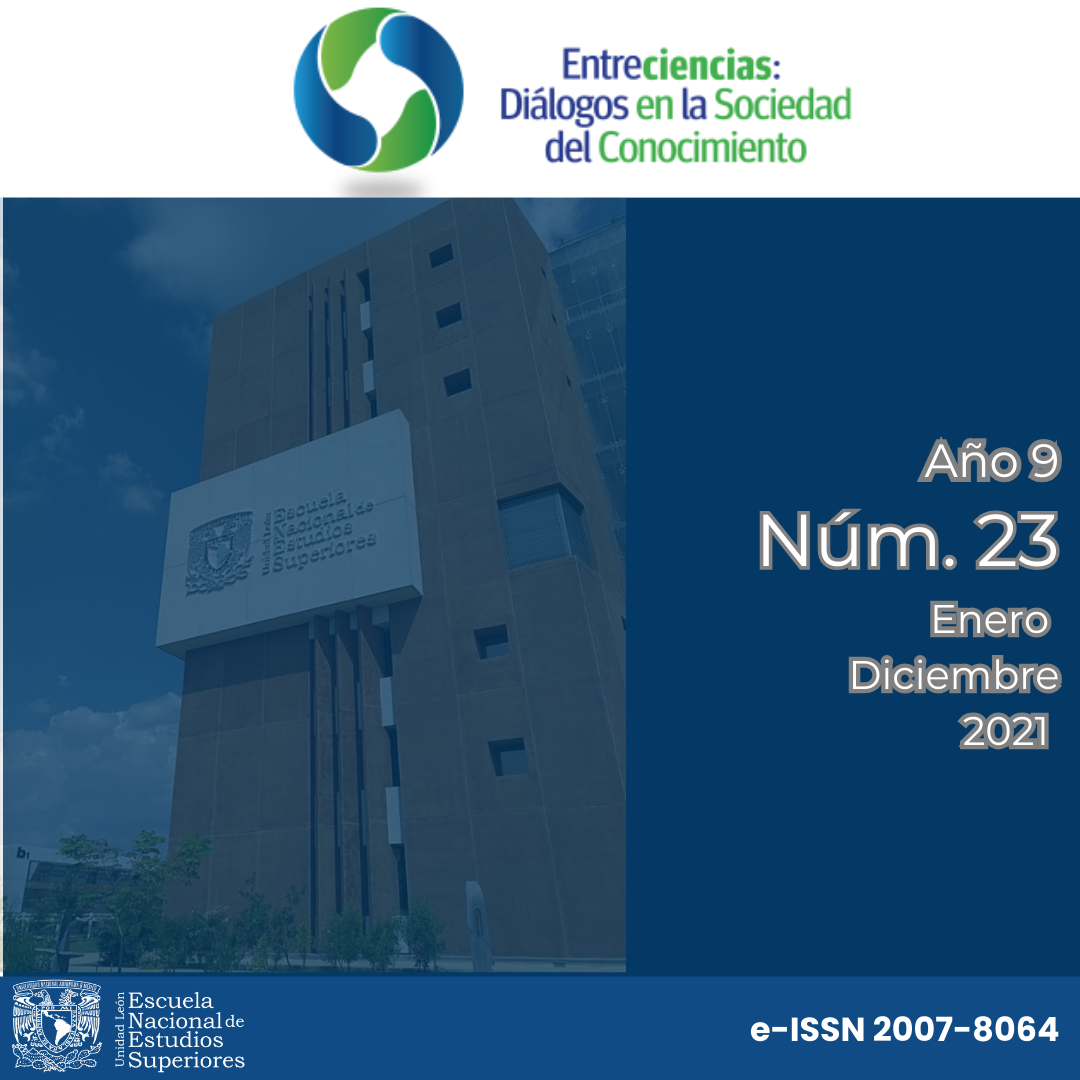Intervention for rural innovation in organic Roselle cooperatives in the Mexican dry tropics
Main Article Content
Abstract
Purpose: This work presents and discusses the social and technological extent of a transdisciplinary intervention model for rural innovation (MOTI-IR) conducted with organic Roselle production farmer cooperatives in Michoacan, Mexico.
Methodological design: MOTI-IR originated from a methodological framework co-designed between the community and academic promoters; it includes with six stages: 1) openness and motivation; 2) problematization, 3) linking; 4) development of solutions (co-design), 5) evaluation and learning, and 6) dissemination of products. 23 activities were carried out, such as the training of promoters, community workshops for reflection and planning, and involvement of extra-territorial collaborators. The problematization established technological improvement priorities in the cleaning and dehydration practices of organic Roselle.
Results: Community promoters appropriated the process quickly and dynamized its development. The term innovation was new for 75% of the surveyed group and 70% self-recognized as un-innovative. Community conditions for innovation pointed to decision-making and trust, trained people in the community, and a well-organized structure. Individual barriers were fear of failure, rejection from the community and the fear of the new things. The process integrated local and scientific knowledge which generated five prototypes of tools for stripping and two for dehydrating, whose first validation showed the need for subsequent improvements.
Research limitations: It is the first MOTI-IR application, but its replication is in process in other farming organizations
Findings: Empirical bases of rural innovation, barriers and stimuli in farmer population, technological co-designs, MOTI-IR success, and potential for rural development in less favored territories were found.
Downloads
Article Details
Citas en Dimensions Service

Entreciencias: Diálogos en la Sociedad del Conocimiento recognizes and respects the moral rights of authors as well as ownership rights transferred in non-exclusivity to the journal for its open access dissemination and its preservation. Hence, authors who publish in this journal accept the following conditions:
- Entreciencias: Diálogos en la Sociedad del Conocimiento from Universidad Nacional Autónoma de México is distributed under a Licencia Creative Commons Atribución-NoComercial-SinDerivar 4.0 Internacional, which allows the information and metadata to be used without commercial ends as long as proper citation is utilized.
Authors will have the right to non-exclusively distribute the contribution made to Entreciencias: Diálogos en la Sociedad del Conocimiento. That is, they will be able to include it in an institutional repository or disseminate it in other digital or printed media as long as it is explicitly stated that it was first published in Entreciencias: Diálogos en la Sociedad del Conocimiento. The following information must additionally be included: author, year, volume, page numbers, electronic paging, and DOI.
Authors, whose publications have been accepted, will have to send the Letter of Copyright Transfer in the corresponding format, filled out and signed by the author or authors.
